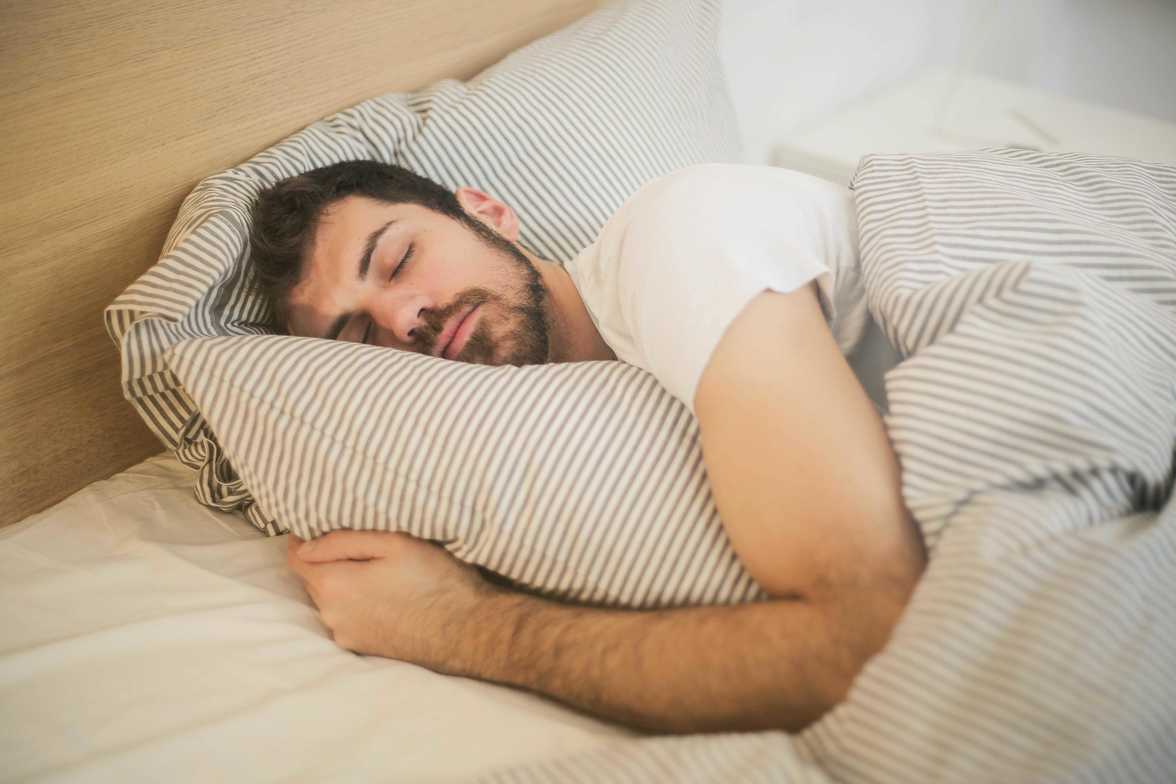
Americans aren’t getting enough sleep. According to a recent study, 28% of the population in the US gets less than 7 hours of sleep per night. Inadequate sleep has been associated with many different conditions such as high blood pressure, depression, and reduced immune function. Just two hours of lost sleep can reduce arterial function to the levels of a daily smoker.
Despite its importance, people simply have difficulty falling asleep at night. Pharmaceutical sleep aids are effective but should not be taken for extended periods of time. There are several natural sleep aids that have been shown to both help people fall asleep and stay asleep throughout the night. Let’s talk about some of these nutritional sleep aids.
Kiwi fruit
In 2011, a study was published that looked into the effect that consuming kiwi fruit has on sleep. It’s been theorized that high oxidative stress may be a cause of insomnia. Kiwis have high concentrations of antioxidants which help to lower that oxidative stress. Kiwi also contains high levels of serotonin which is then metabolized into melatonin by the body which helps trigger the body's natural sleep cycle. The study found both an increase in quality and quantity of sleep in individuals consuming 2 kiwis before bed each night.
Tart cherries
The first study taking a look at tart cherries was to see how effective they were at reducing inflammation. While participants who were drinking tart cherry juice noted only mild decreases in pain, they did note significant changes in sleep. Specifically, they were sleeping longer and felt more rested. Further investigation into tart cherries found that they were full of melatonin. When tested on older patients who have naturally lower melatonin levels, individuals drinking tart cherry juice had drastically elevated levels of melatonin and reported better sleep.
Lettuce extract
The use of lettuce for treating insomnia dates back to the ancient Romans when they found the vegetable to have sedative properties. Lactucin is the substance that gives lettuce both its sleep-inducing properties as well as its bitter taste. Recent research has looked into concentrating lettuce seed oil into a capsule and using it as a sleep aid. A study was done with older patients who reported a 70% improvement in sleep quality over placebo groups with no adverse side effects
Aside from any potential allergies, none of these three nutritional sleep aids have any dangerous side effects. Many different pharmaceutical sleeping aids can be effective for treating insomnia but usually come with a laundry list of potential side effects. Also, if you are one of the 8 out of 10 pregnant women dealing with insomnia, these pharmaceutical sleep aids can be dangerous to the fetus. The two most common prescription sleep aid drugs, Ambien and Valium, have both been linked to low birth weight, premature birth, and birth defects.
While these three natural remedies can be helpful, the best cure for insomnia is practicing good sleep conditioning and sleep hygiene. These are the habits that help your mind and body prepare for sleep and help ensure that the sleep you do get is good quality. Be sure to exercise regularly, avoid caffeine at least 2 hours before bed, and make your bedroom a dark, cool, quiet, and relaxing place.
If you are having difficulty sleeping and want to learn more about natural sleep aids, schedule a free consultation with your Rochester nutritionist. Here at Rush-Henrietta Family Chiropractic, our chiropractor in Rochester can help you modify your diet and lifestyle to reach any of your goals. Schedule an appointment today to see how we can help you sleep better.
References:
https://pubmed.ncbi.nlm.nih.gov/21669584/
https://pubmed.ncbi.nlm.nih.gov/21731897/
http://www.ncbi.nlm.nih.gov/pubmed/21229414
https://pubmed.ncbi.nlm.nih.gov/30172900/
https://pubmed.ncbi.nlm.nih.gov/16941718/



